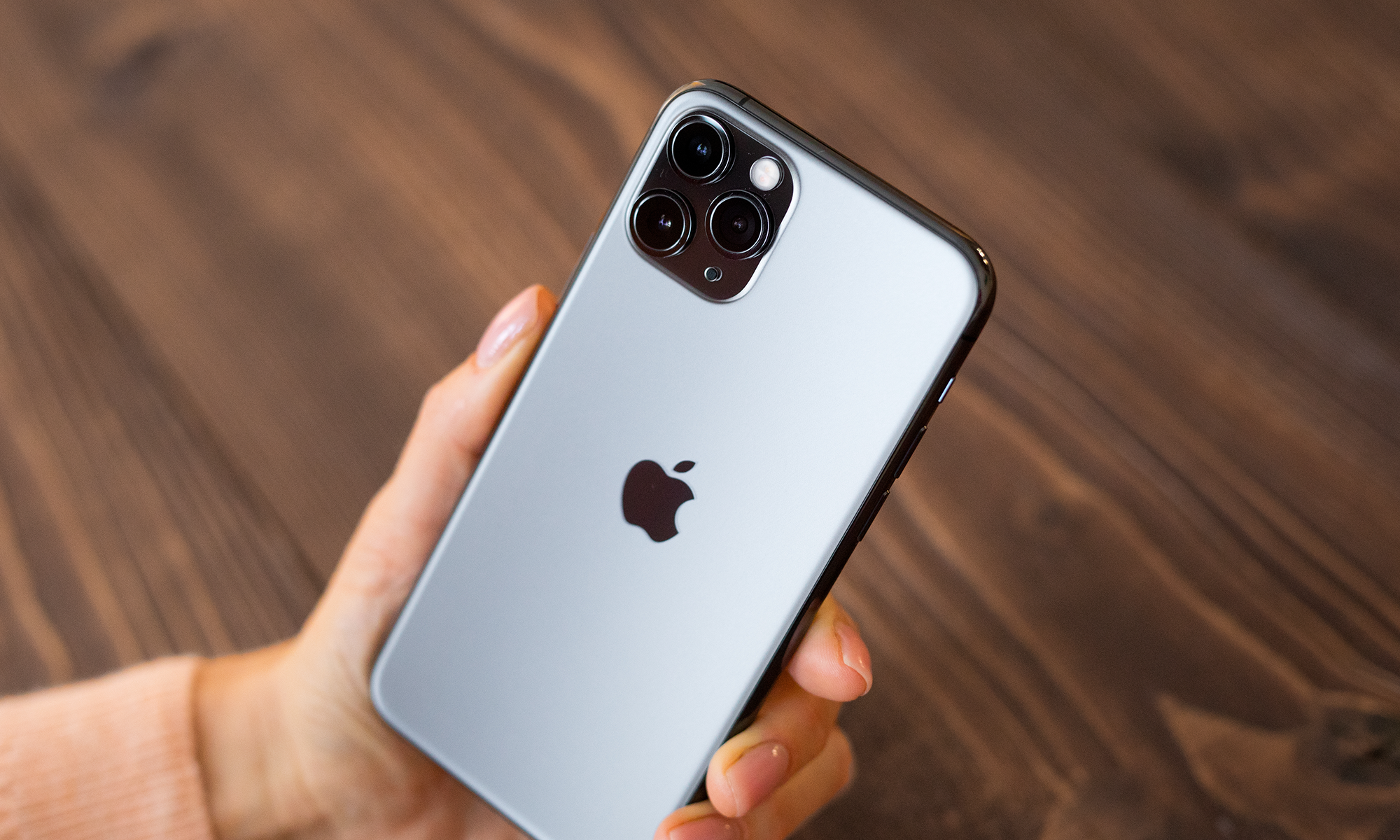You don't have to be an iFan to know that the highly anticipated Apple (AAPL +0.62%) iPhone 6 launch event is scheduled for September 9. The sheer volume of media coverage, including rumors of multiple new products, possibly even Apple's expected wearable device, is absolutely over the top. Apple-related rumors and "leaks" are nothing new of course, but next week's event takes the proverbial cake. And why not? When one of the leading smartphone makers in the world says jump, there are no shortage of folks asking, "How high?"
What may have slipped under your radar, however, was another smartphone leader announcing its own new product unveiling in a couple of weeks. Google (GOOG 0.02%) (GOOGL 0.05%) and its Android OS runs the vast majority of mobile devices around the world, and that's not likely to change. What's interesting is how the two market leaders have made their respective ways to the top. Apple makes no apologies for sticking to its high-end, smartphone guns, even as Google opts for a different path.
Apple's big day
Initially, Apple's big day was rumored to include the introduction of a couple new smartphones, perhaps one with a bigger screen approaching phablet size, and the long-awaited iWatch. The latest scuttlebutt indicates the iWatch won't be seen on Apple's store shelves until next year. As we've come to expect from Apple, the iPhone 6 is going to be on the high-end of the smartphone price point, just as its other devices are.
Depending on the screen size and memory, the new iPhone is expected to run around $700. And as any iFan will tell you, Apple's made it clear it has no interest in under-cutting prices to generate sales. Like it or not, you can't complain about the results, as Apple continues to generate ridiculously strong results.
Google's big day
Google sent out its own big event invite earlier this week for a soiree in India scheduled for September 15, where it will share, "an exciting new product announcement." The rumor mill suggests that Google will take the wraps off its Android One smartphone. Supposedly, Google has already made arrangements with several manufacturers to build its newest low-cost, high quality smartphone for the Indian market.
Low-cost smartphones targeting fast-growing emerging markets is nothing new for Google, nor is it the only OS provider hoping to make a splash. Microsoft (MSFT 0.83%), like Google, has its share of high-end phones to compete with Apple's iPhone line-up, including the Lumia 1520, among others. But Microsoft is also attempting to make a splash in emerging markets with a slew of low-cost alternatives.
And the winner is...
Empirical evidence would suggest discounting, or in Apple's case utterly ignoring, the fastest growing part of the smartphone marketplace would be a recipe for disaster. But one look at Apple's iPhone sales results put that argument to rest -- at least for now. There are other factors at work here, however, that bode well for each of the smartphone kings.
Apple's branding, if not the best of any company's in the world, certainly ranks at or near the top. It wouldn't be surprising to see lines of iPhone 5S and 5C owners -- phones Apple released about this time last year -- ready to swap their "old" iPhones for the latest model. That's what having a powerful brand will do, regardless of the cost.
Google on the other hand, isn't necessarily concerned with margins, or revenue generation directly from smartphone sales: It contracts with others for the manufacturing, and lets them worry about making a profit on the device. As the digital advertising king of the universe, it's user information and search traffic Google's after, and with nearly 85% of the world's smartphones running Android, it's getting a lot of both.
Final Foolish thoughts
As the old saying goes, "there's more than one way to skin a cat," as Apple's and Google's smartphone strategies have proven. Sure, iOS only runs 11.7% of the world's smartphones, but they're all Apple's, and they all drive revenues for the iEverything maker. Which is just fine by Google. After its bumpy history with Motorola Mobility, it's safe to say Google's happy dominating smartphone's via its OS. There may not be any love lost between the two longtime competitors, but they're both wildly successful in the same market, by taking completely different paths.









